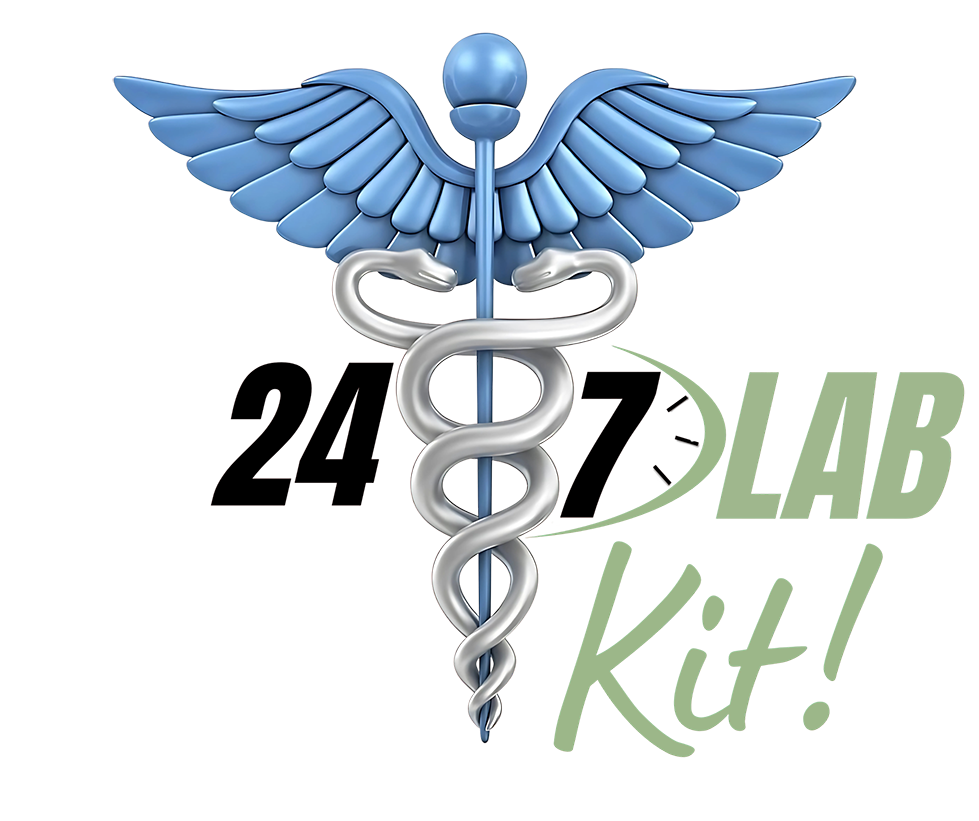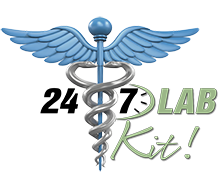Am I pregnant?: Everything You Need to Know to Recognize Early Signs of Pregnancy
Suspecting you may be pregnant is an understandably serious, somewhat nerve-wracking suspicion. But how can you know you’re pregnant? Whether you’ve missed your period or not, there are several very early signs of pregnancy that can help you know if it’s time to get a pregnancy test. In this blog, we’ll discuss early pregnancy symptoms in detail as well as what to do if you get a positive pregnancy test–STD testing included.

What are The First Signs of Pregnancy?
Parents Magazine says 1 in 40 women don’t know they’re pregnant until 20 weeks. While this may sound far-fetched – every woman is different. In turn, how their bodies respond and the symptoms they exhibit vary. If you’re wondering what the most common early pregnancy symptoms are, read on below.
Tender Swollen Breasts
When a woman is at the very beginning of her pregnancy, several hormonal changes occur that have a physical effect on her body. For example, your breasts may feel sore and sensitive. As your body begins adjusting to the hormonal changes – typically a month or so into pregnancy – the discomfort should decrease.
Increased Urination
Increased urination happens almost immediately once a woman becomes pregnant, ultimately affecting 80-95% of pregnancies at some point. As one of the more common signs of pregnancy, this occurs because of the amount of blood in your body during pregnancy. This increase causes the kidneys to process excess fluid that eventually ends up in the bladder.
Fatigue

When it comes to the first month of pregnancy symptoms, fatigue ranks highly as one of the more common ones. At the beginning of pregnancy, the hormone progesterone (the chemical that helps regulate your cycle) is created in excess. This increase in hormones may make you feel more tired than usual. Although there are many other reasons you may be tired, you might consider a pregnancy test if you’re experiencing fatigue alongside other symptoms.
Missed Period
While this may seem like a dead giveaway, missing your period doesn’t always mean you’re pregnant. According to Medical News Today, non-pregnancy-related missed or late periods occur in 14-25% of women in their childbearing years. Such a menstrual irregularity can occur as a result of several things, including:
- Hormonal birth control
- Weight loss
- Trauma
- Stress
- Various health conditions
While there are several causes behind missed periods, such an occurrence should not be ignored–especially if you’re not on birth control.
Implantation Cramps
Cramping in early pregnancy is something that occurs in every woman. This early cramping is due to implantation. Within the first 10-14 days of conception, your newly created batch of living cells implants itself within the uterine wall. As the cells burrow into the uterus, implantation bleeding and discomfort are likely to occur.
Early Pregnancy Discharge

In terms of early signs of pregnancy before a missed period, a woman’s discharge is a great point of reference. Normally, your discharge should be clear or milky with a subtle, neutral scent that is not foul. While your discharge will change from time to time during your menstrual cycle, these differences in color and thickness are due to ovulation and are 100% normal. On the other hand, if your discharge is a sticky white or pale yellow mucus, you might consider taking a pregnancy test.
Pregnancy Headaches
Pregnancy headaches are another normal occurrence, especially in early pregnancy. And as pregnancy progresses, these headaches typically get better. In addition to hormonal changes, pregnancy headaches occur because of your body’s increase in blood production, a lack of sleep, or caffeine withdrawal.
How Do I Know I’m Pregnant?
The only way to know for certain whether or not you are pregnant is by taking a pregnancy test. Luckily, you can find a reliable pregnancy test at your local grocery or drugstore. If you’re worried you can’t afford a pregnancy test, your city’s Planned Parenthood or community health center will be happy to help at no cost to you.
STD Testing During Pregnancy

If it turns out you are pregnant or you have a strong suspicion you might be, STD testing should be one of your next priorities. STD testing during pregnancy is essential because several STDs can either cross the placenta and infect your baby or enter their systems at birth. Luckily, we make it easy to get both STD and STI testing at home so you can guarantee your child the best possible start in life.
Symptoms of STD While Pregnant
Being pregnant does not negate your chances of becoming infected with either an STD or an STI. If you suspect you may have come in contact with someone that has a sexually-related disease, the following are common symptoms of an STD/STI.
- Pain during sex
- Strong vaginal odor
- Itching or irritation
- Unusual vaginal discharge
- Painful urination
Pregnancy and Planning for Your Future
Pregnancy can undoubtedly put a damper on things if you haven’t prepared or planned for it. From work and school to friends and family, bringing a baby into the world changes life forever. With this guide, if you’re sexually active, you can be informed and aware of what the first month of pregnancy symptoms looks like so it doesn’t go undetected.




Comments are closed